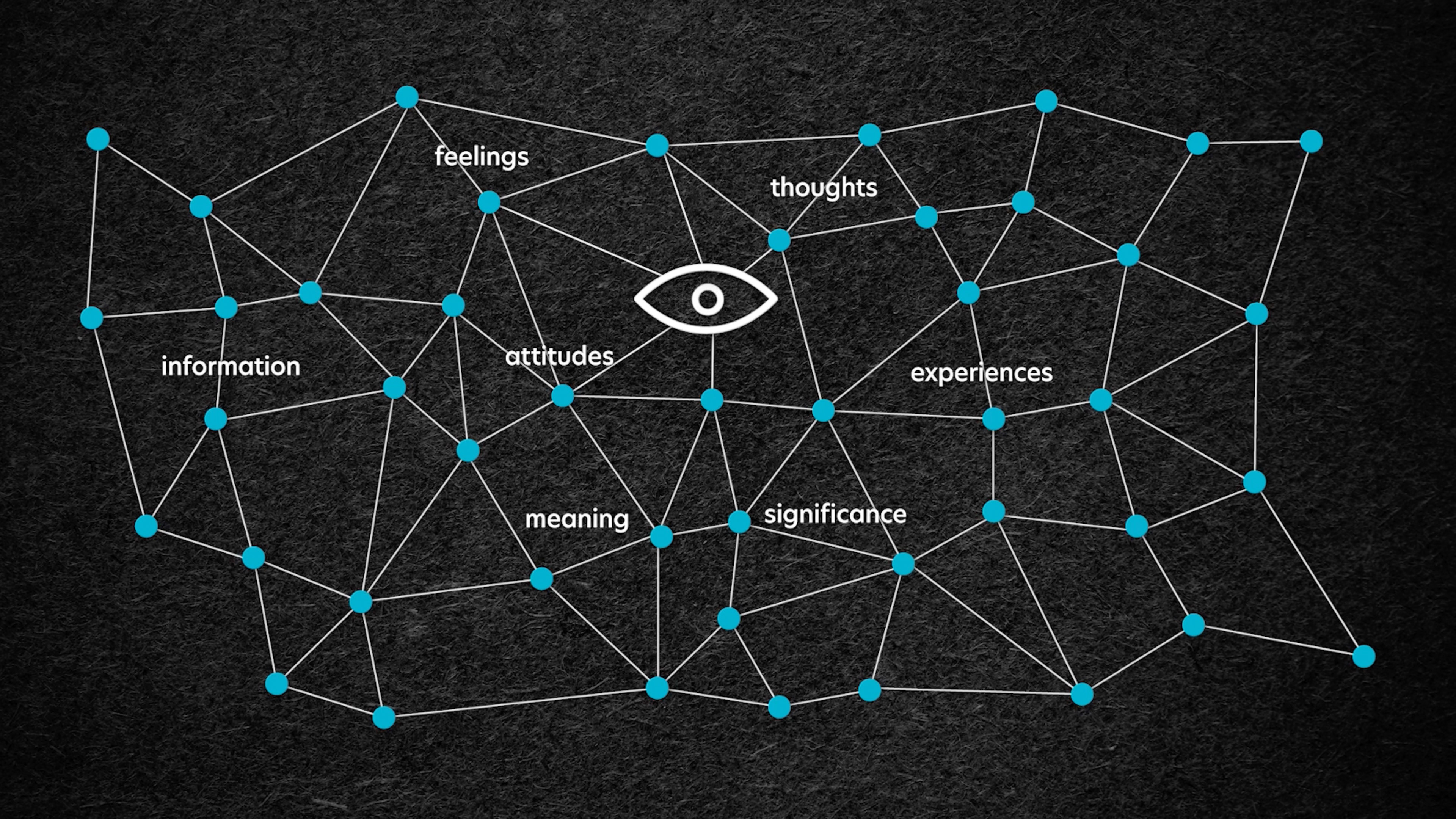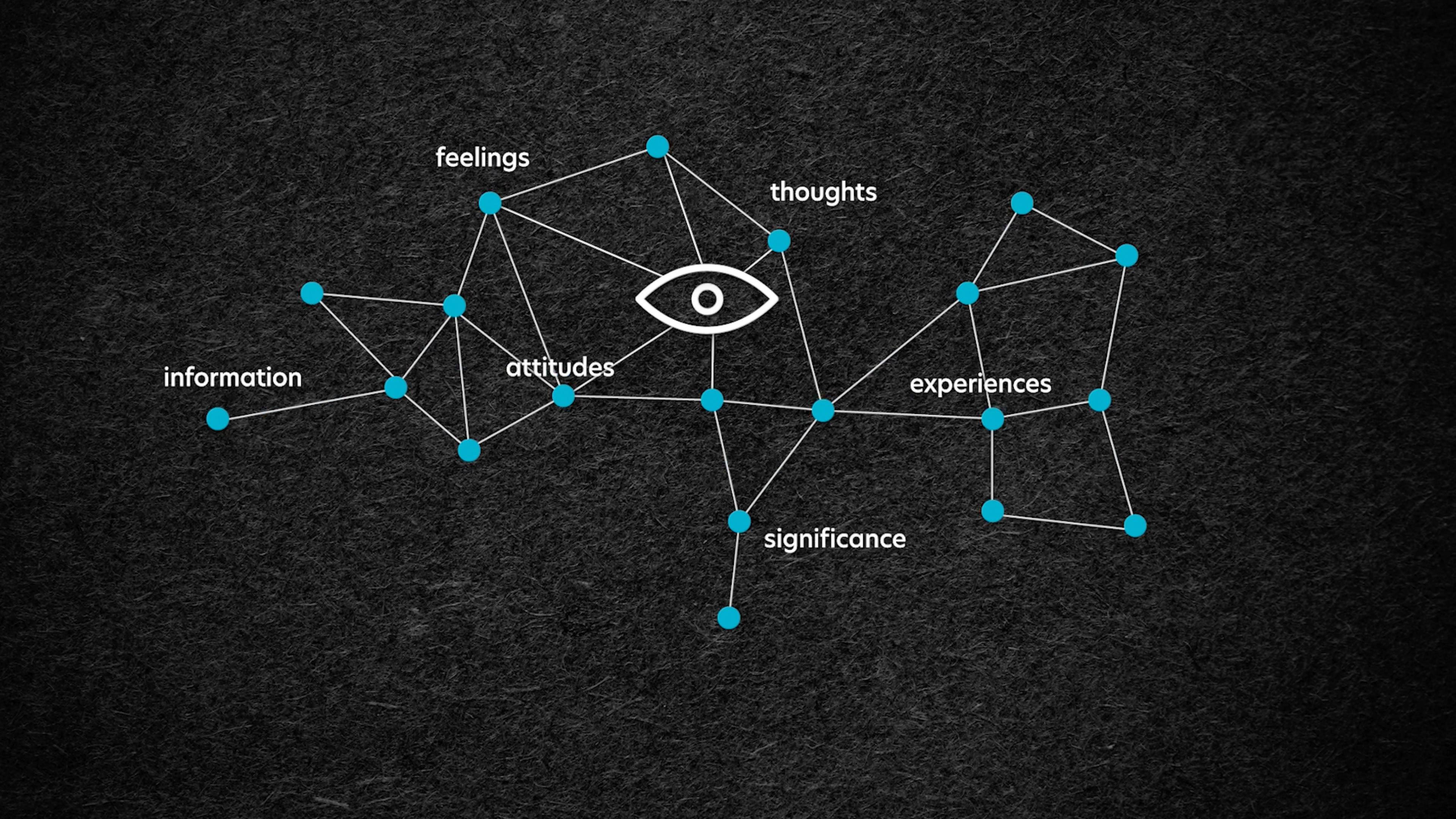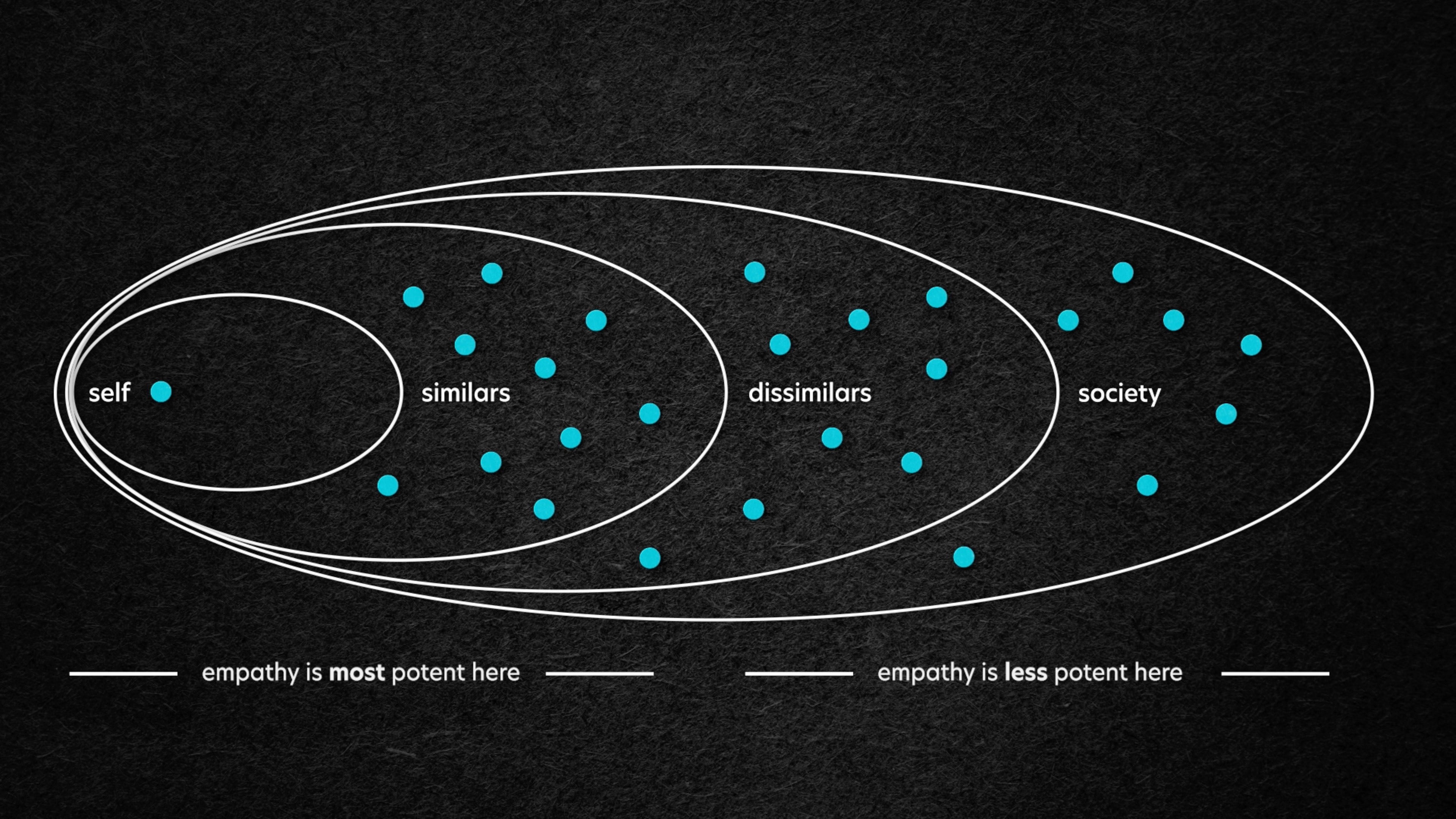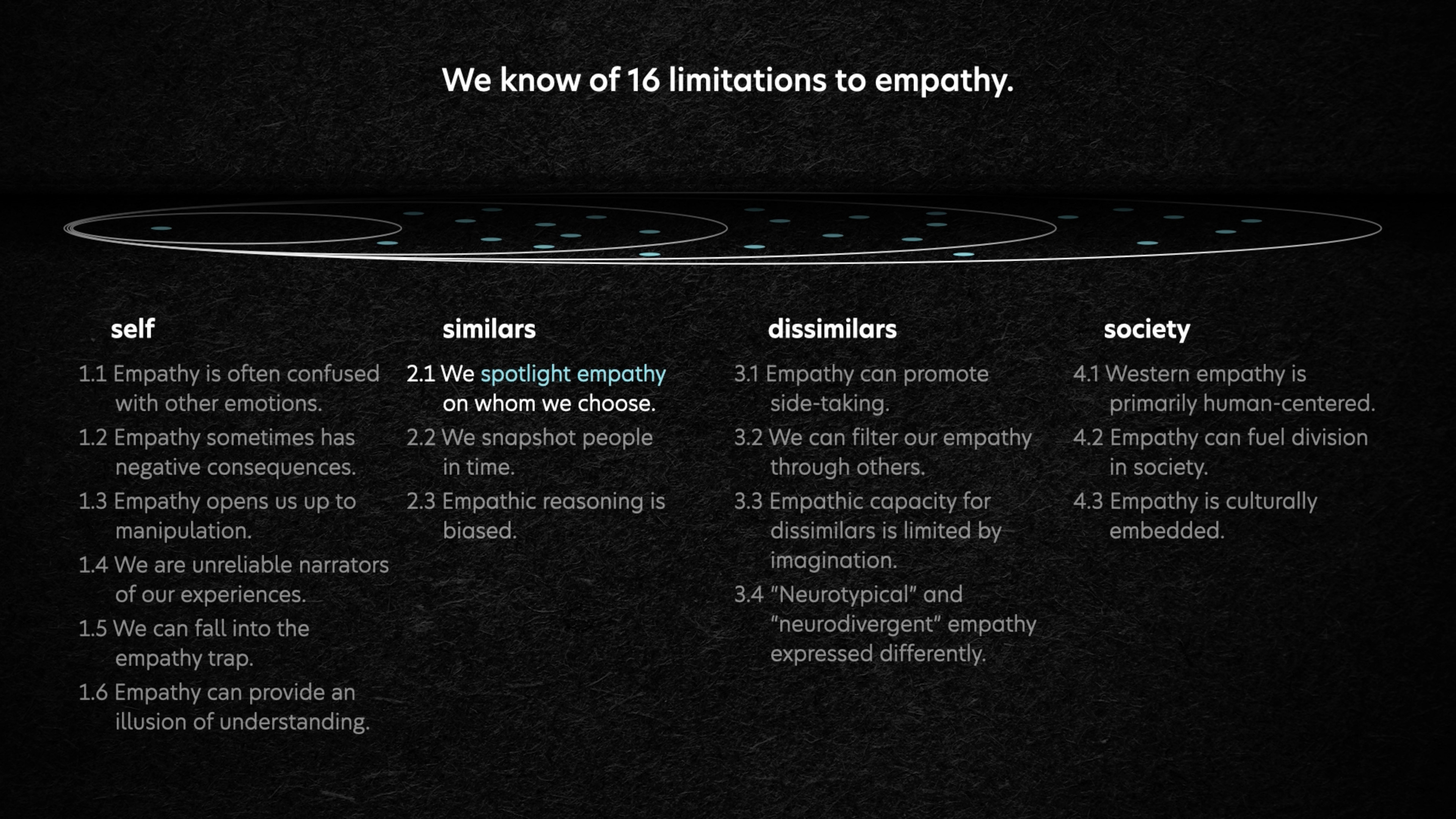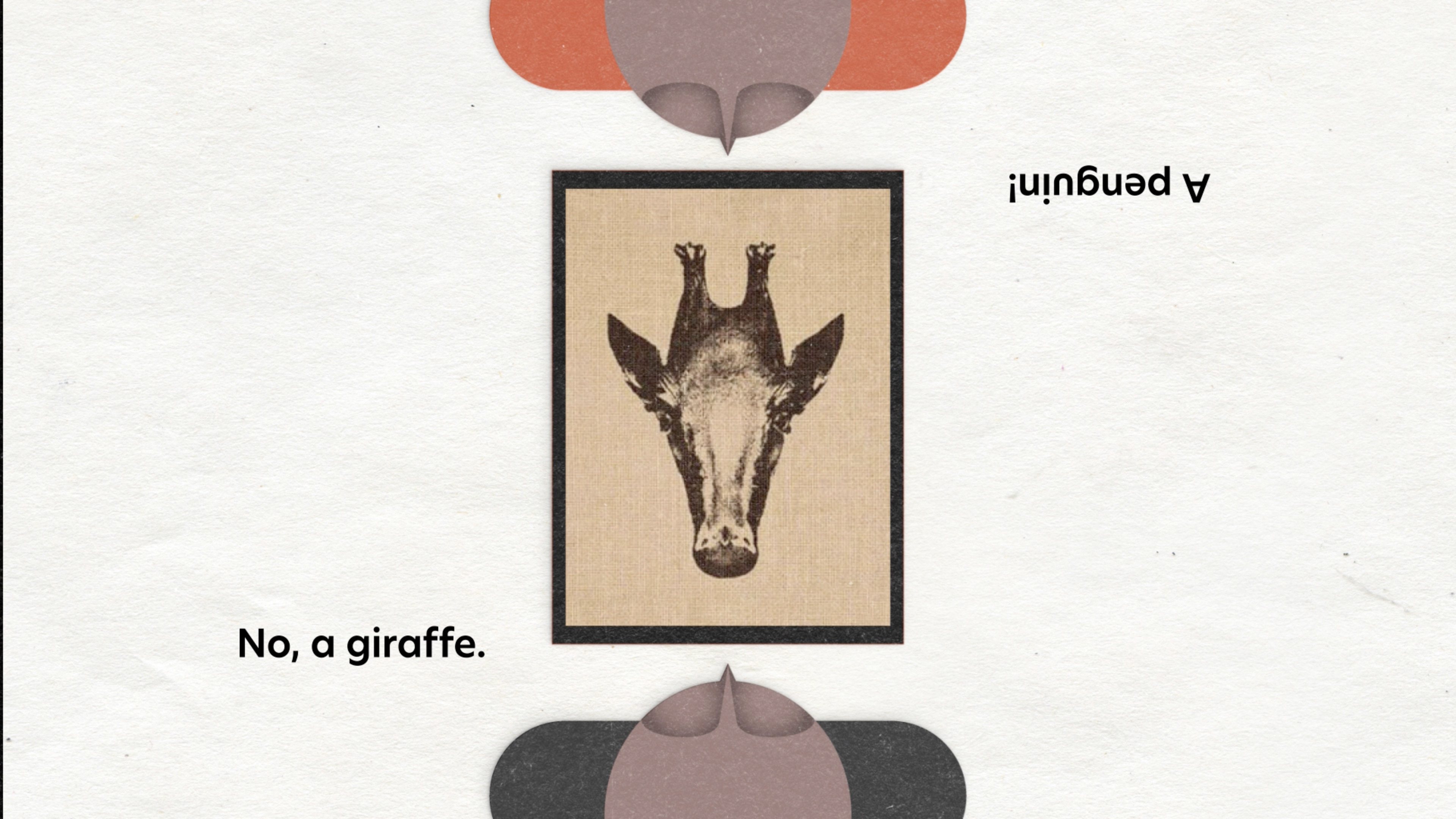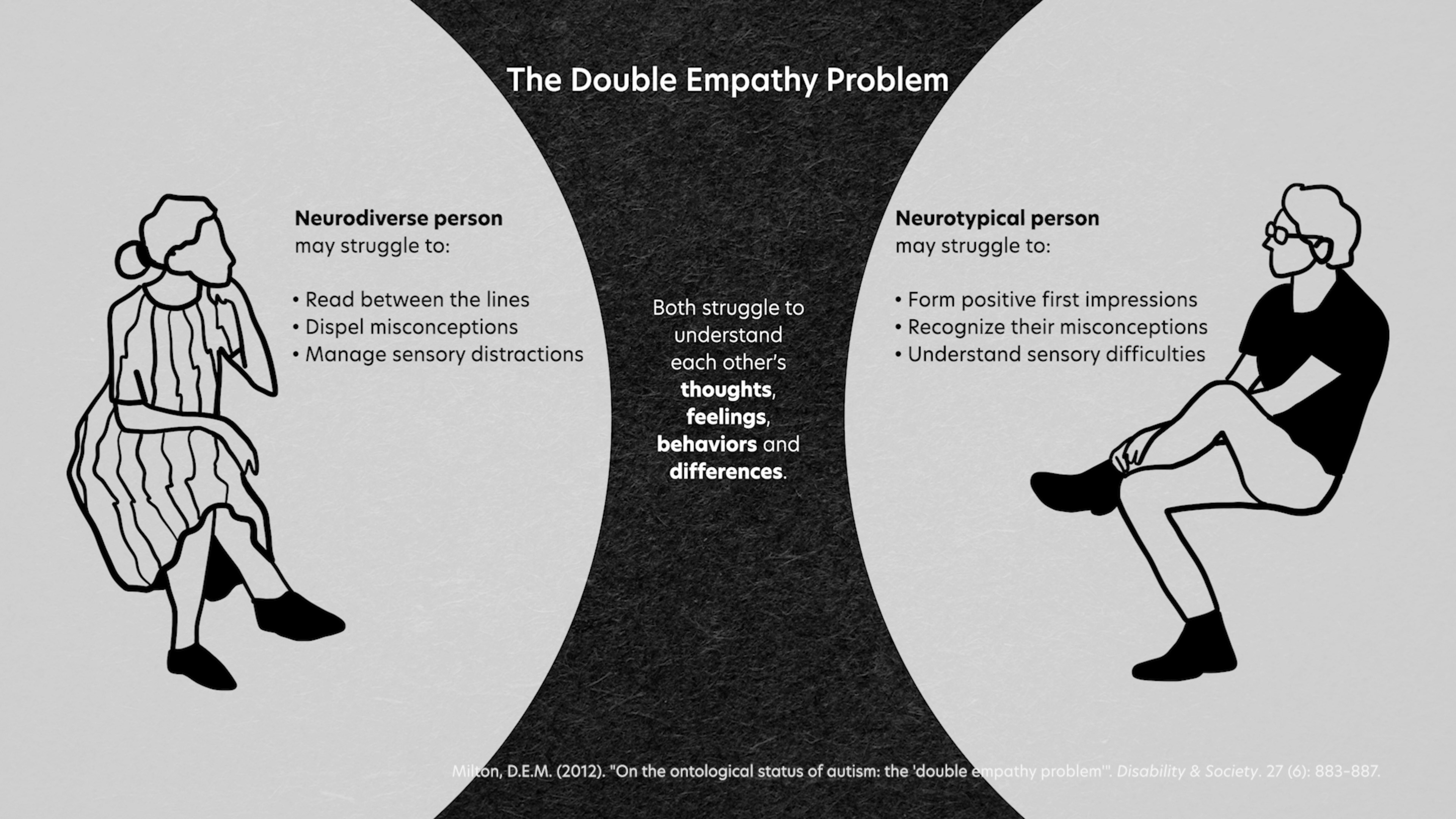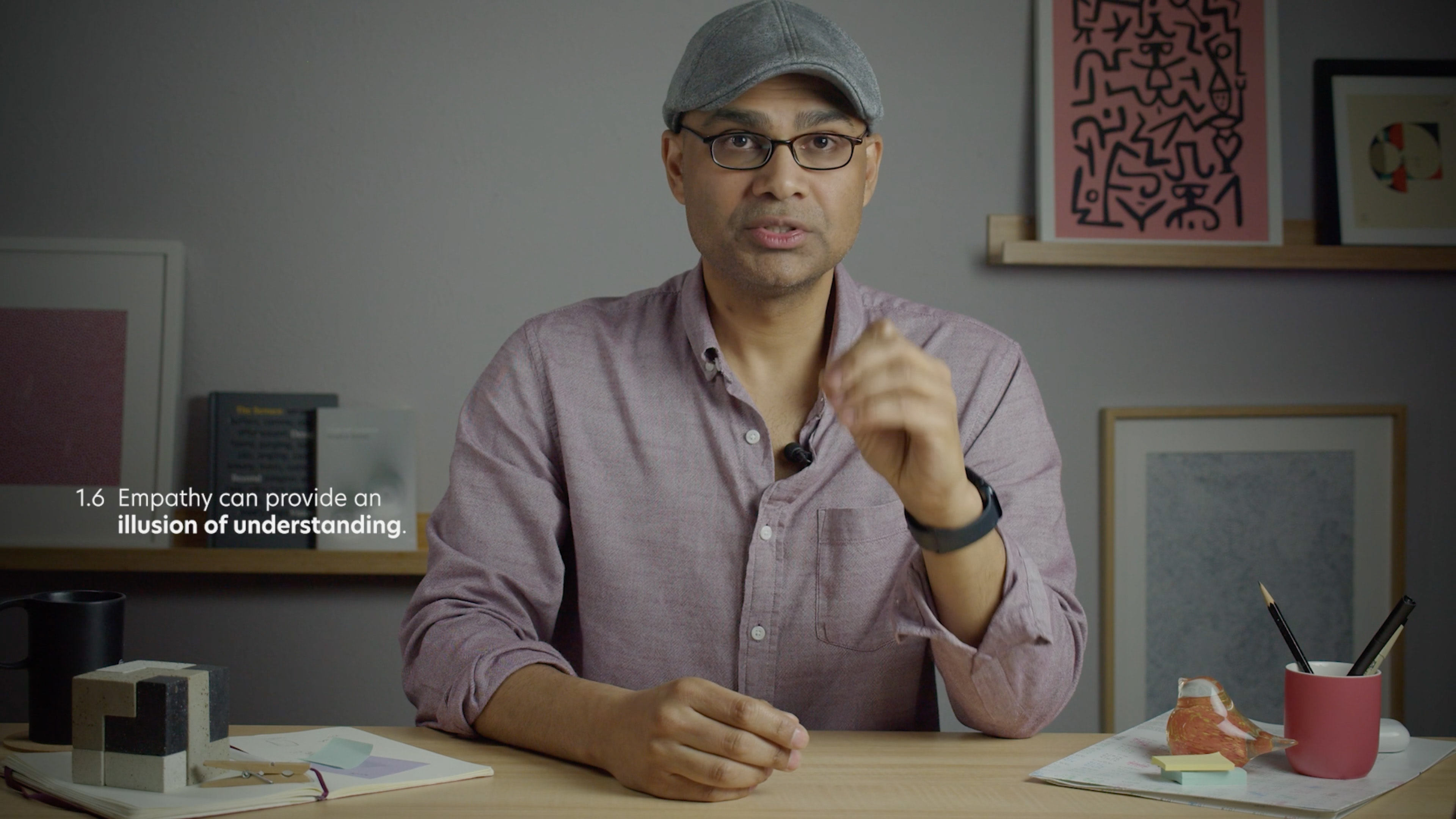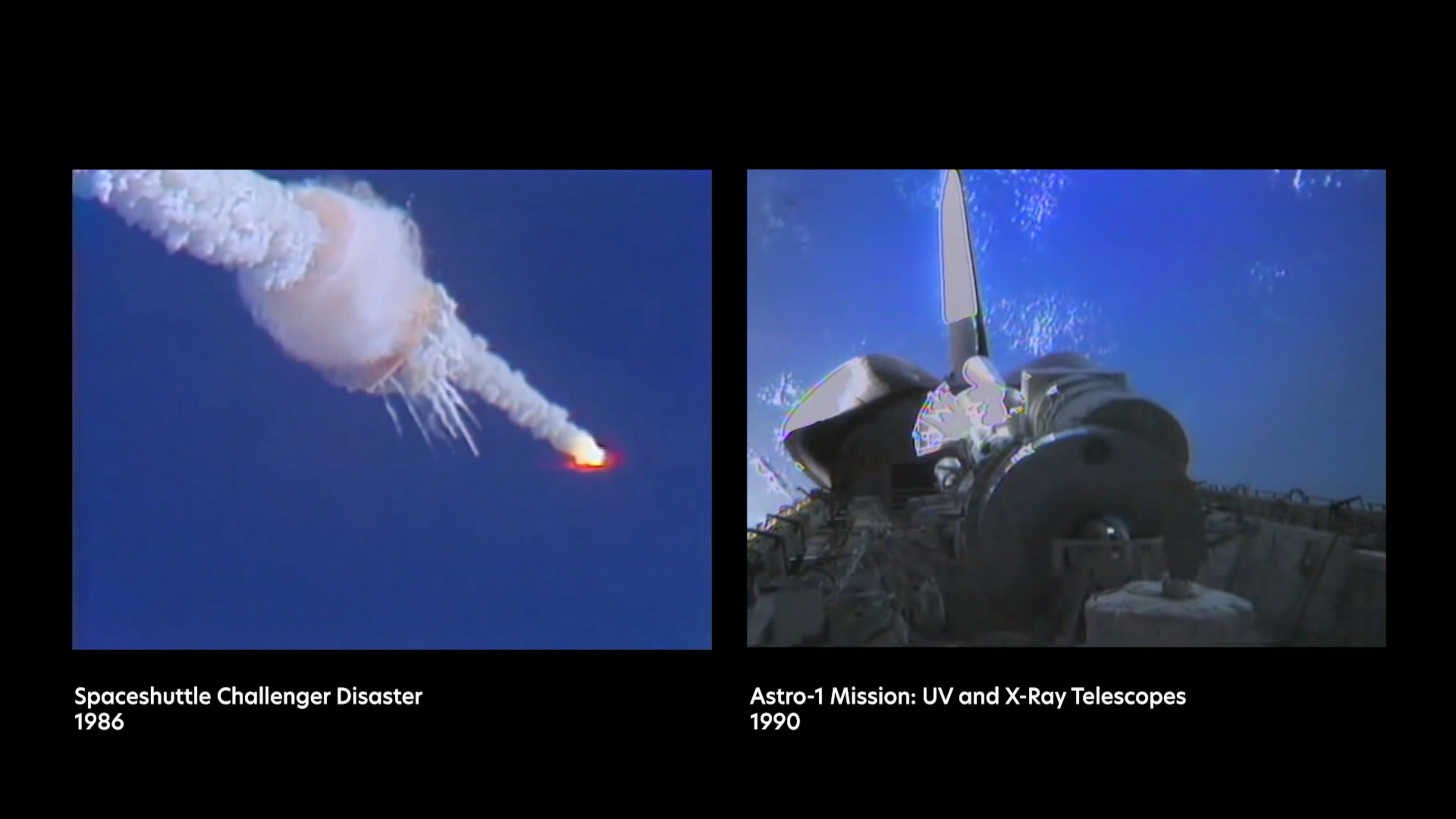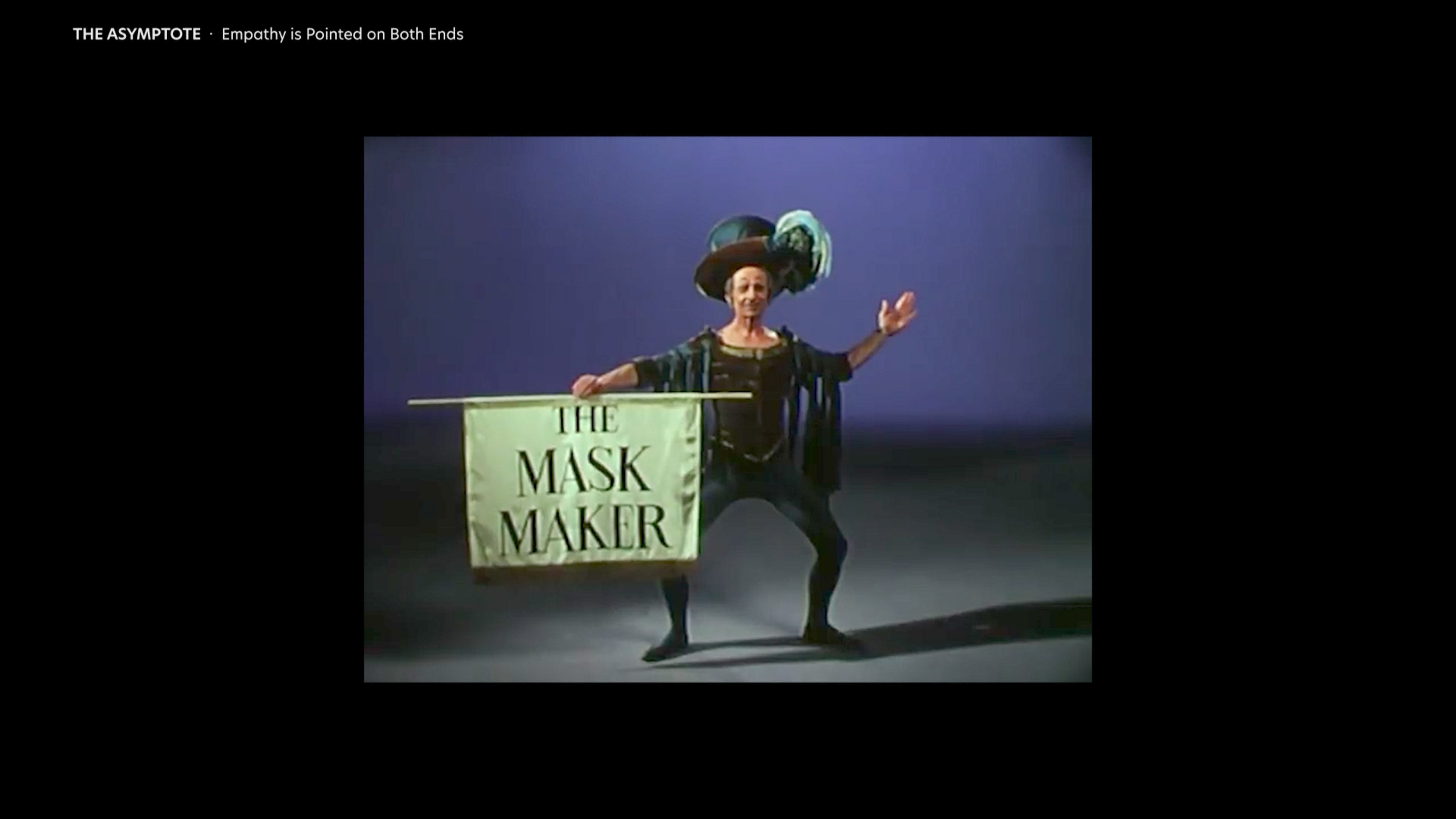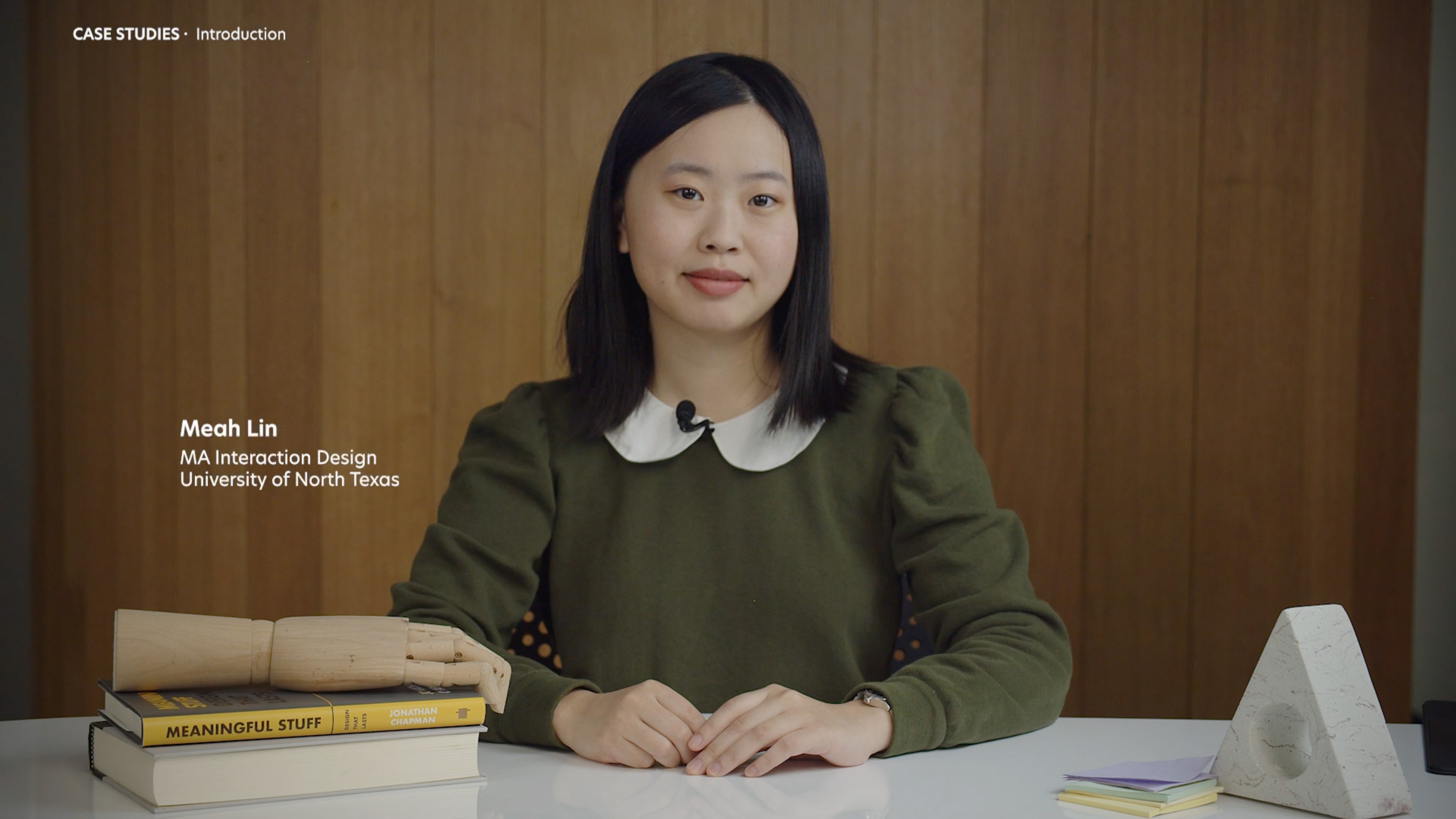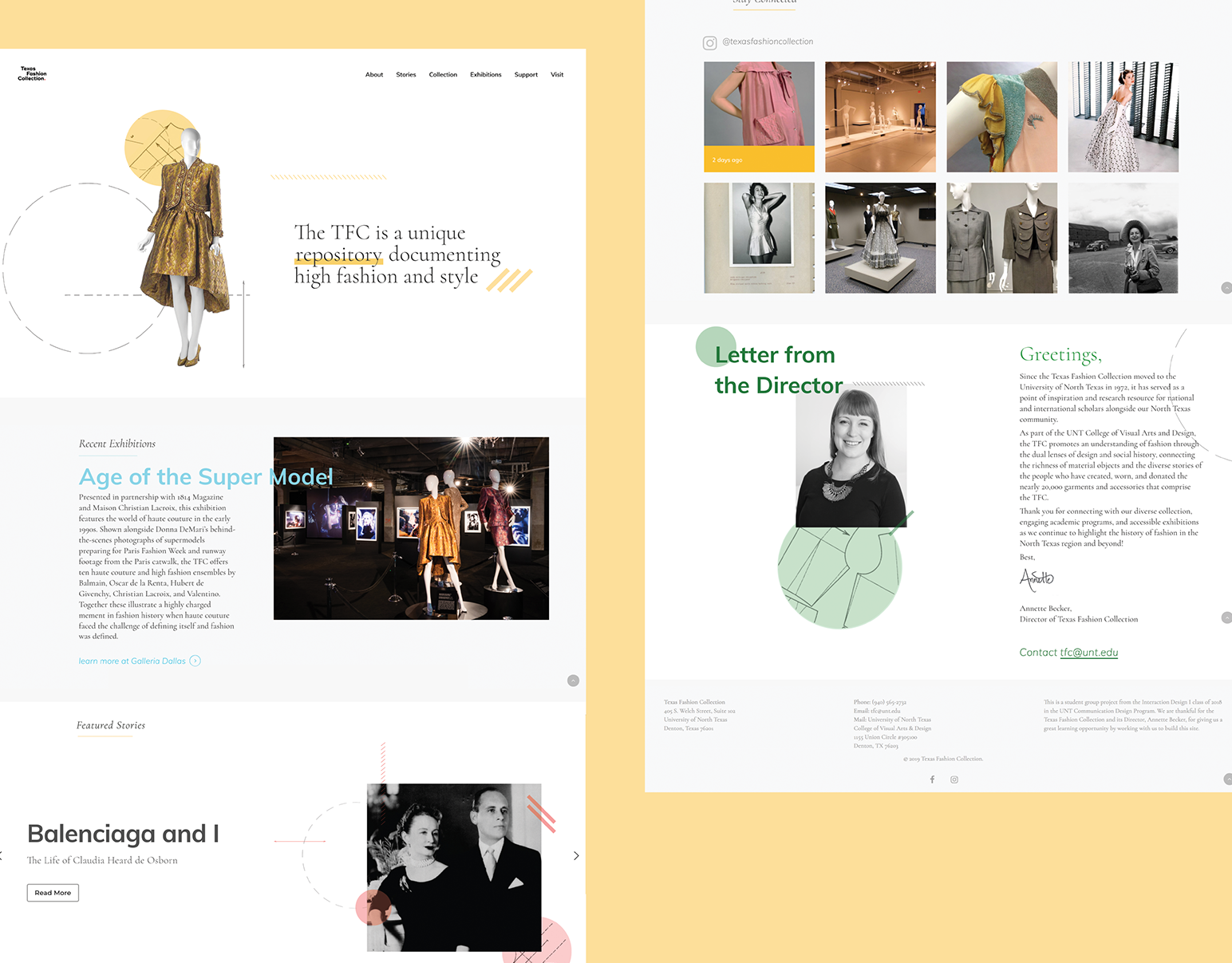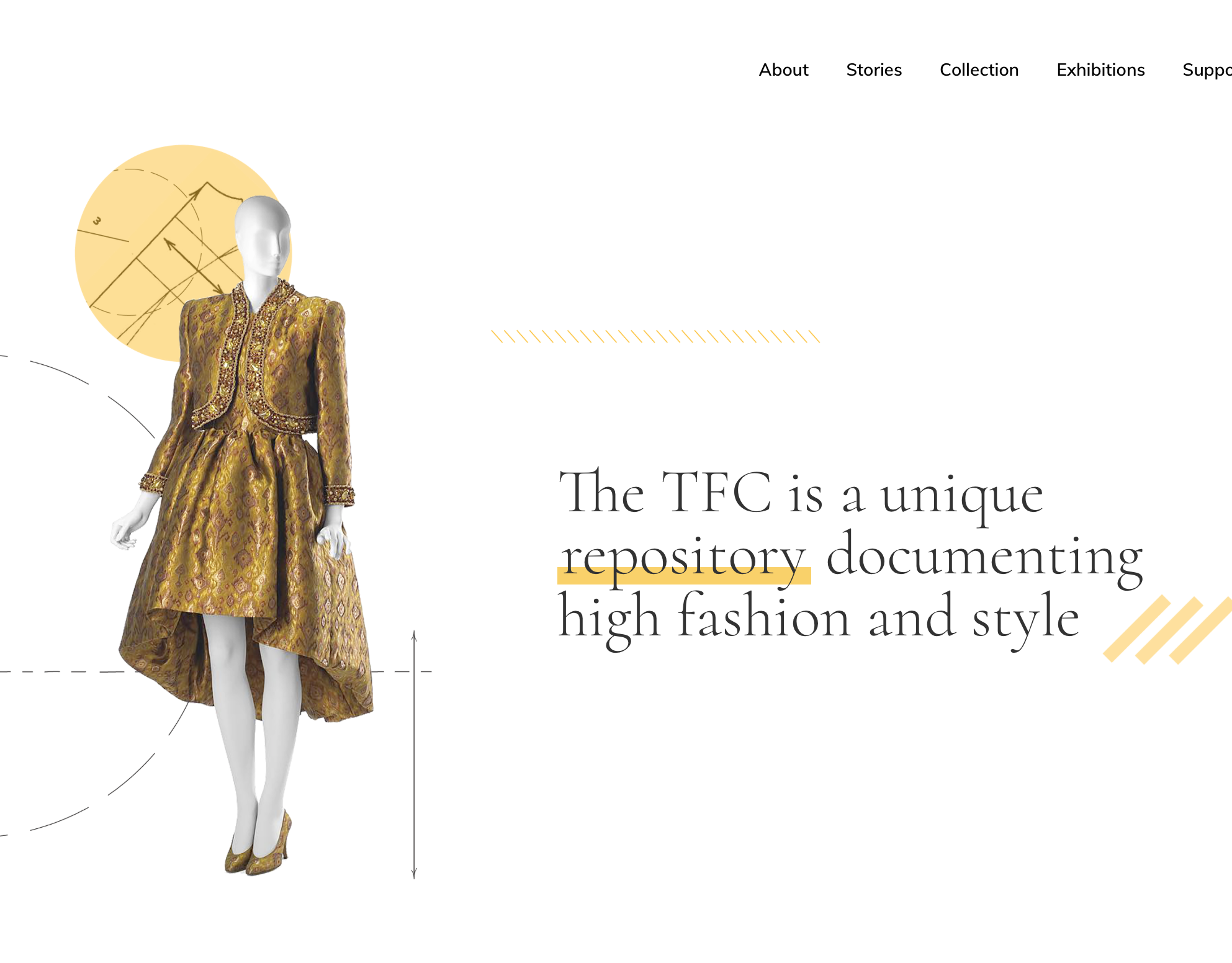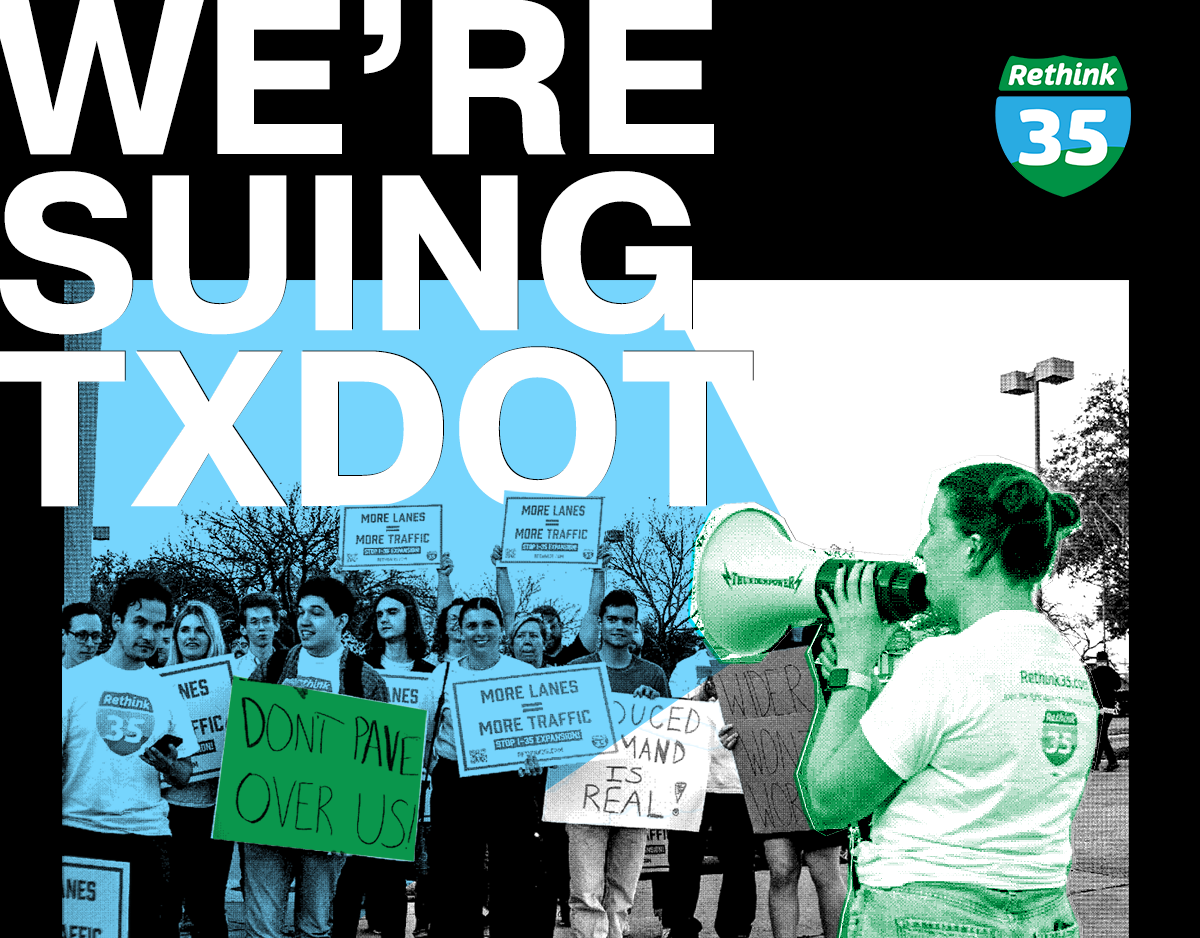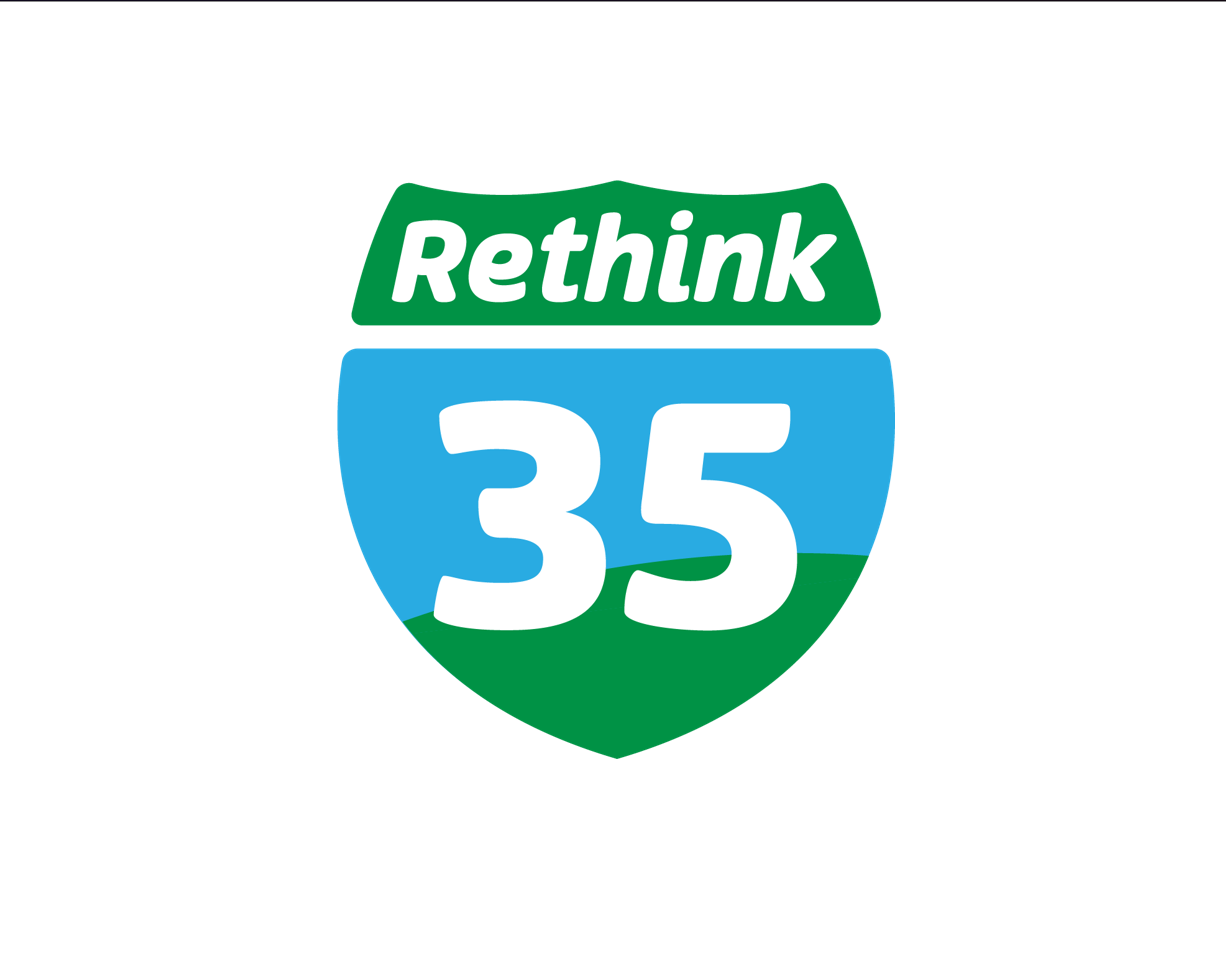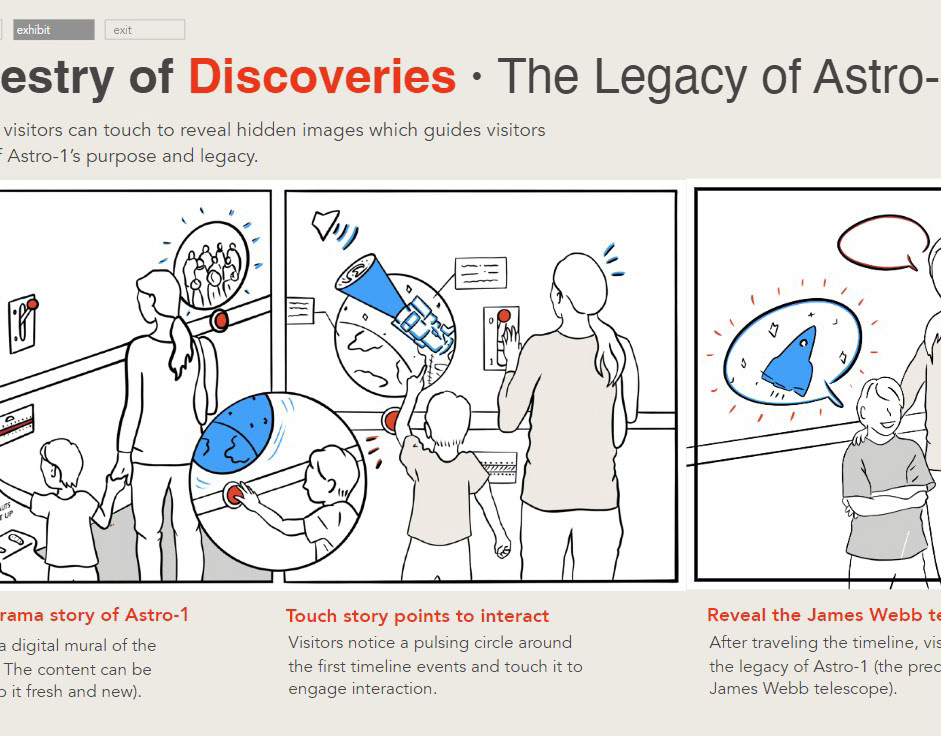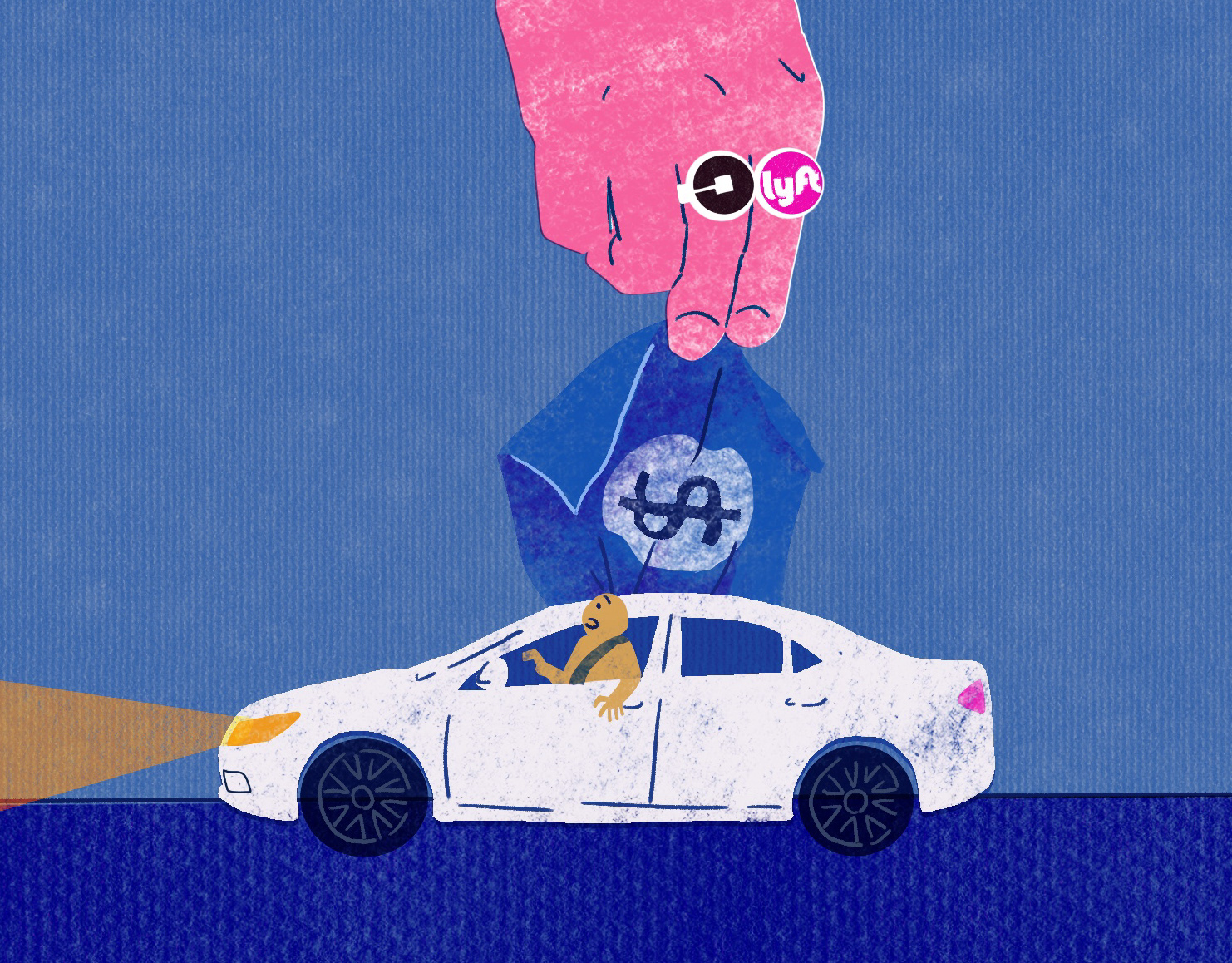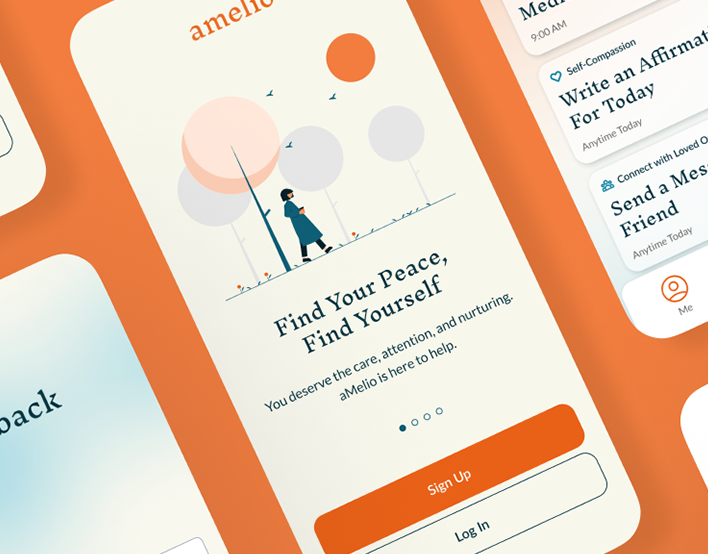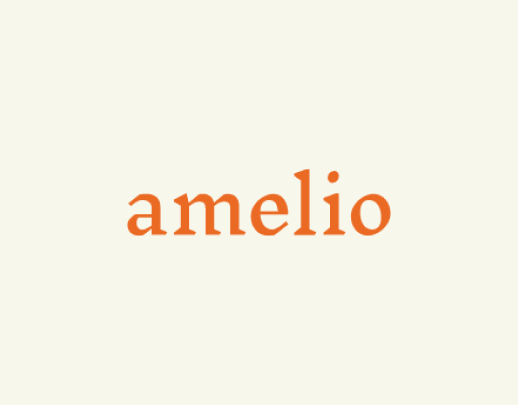About this project:
Art Director, Co-Presenter, Writer, Director: Cassini Nazir
Tools Used: Mural, Notion, Slack, Figma, Keynote, Google Docs, and Zoom.
My Contributions:
Collaborated with Professor Cassini Nazir for 20+ weeks to brainstorm, write, discuss, and review preparations for the presentation.
Co-wrote a 4000+ words Notion document of presentation script that went through several iterations to distill down to the key insights that are digestible and engaging for our audience.
Assisted in the video shoot for the presentation by researching on appropriate venues and setting up equipment and props.
The Dangers of Empathy: Toward More Responsible Design Research is a video essay that premiered at the 2023 Advancing Research conference, a virtual gathering for researchers and designers in the user experience field. Most talks at this conference were standard Zoom presentations, where the speaker is visible in a small window at the top right of the screen and talks over PowerPoint slides.
Out of the 90 submissions received by Rosenfeld Media for this 3-day conference, our proposal was chosen along with 18 other proposals, resulting in a 20% acceptance rate.
In this student-professor collaboration project, our video essay aimed at captivating the audience while unsettling certainties common to user experience. It provides provocations on widespread, long-held assumptions about empathy. We were inspired by compelling video essays and engaging educational documentaries from Vox, Veritasium, Vsauce (and others that don’t start with V). The motion design in our video essay provided visual metaphors that kept the audience engaged while allowing them to process the dense information and construct knowledge quickly. Below is the conference abstract.
––
––
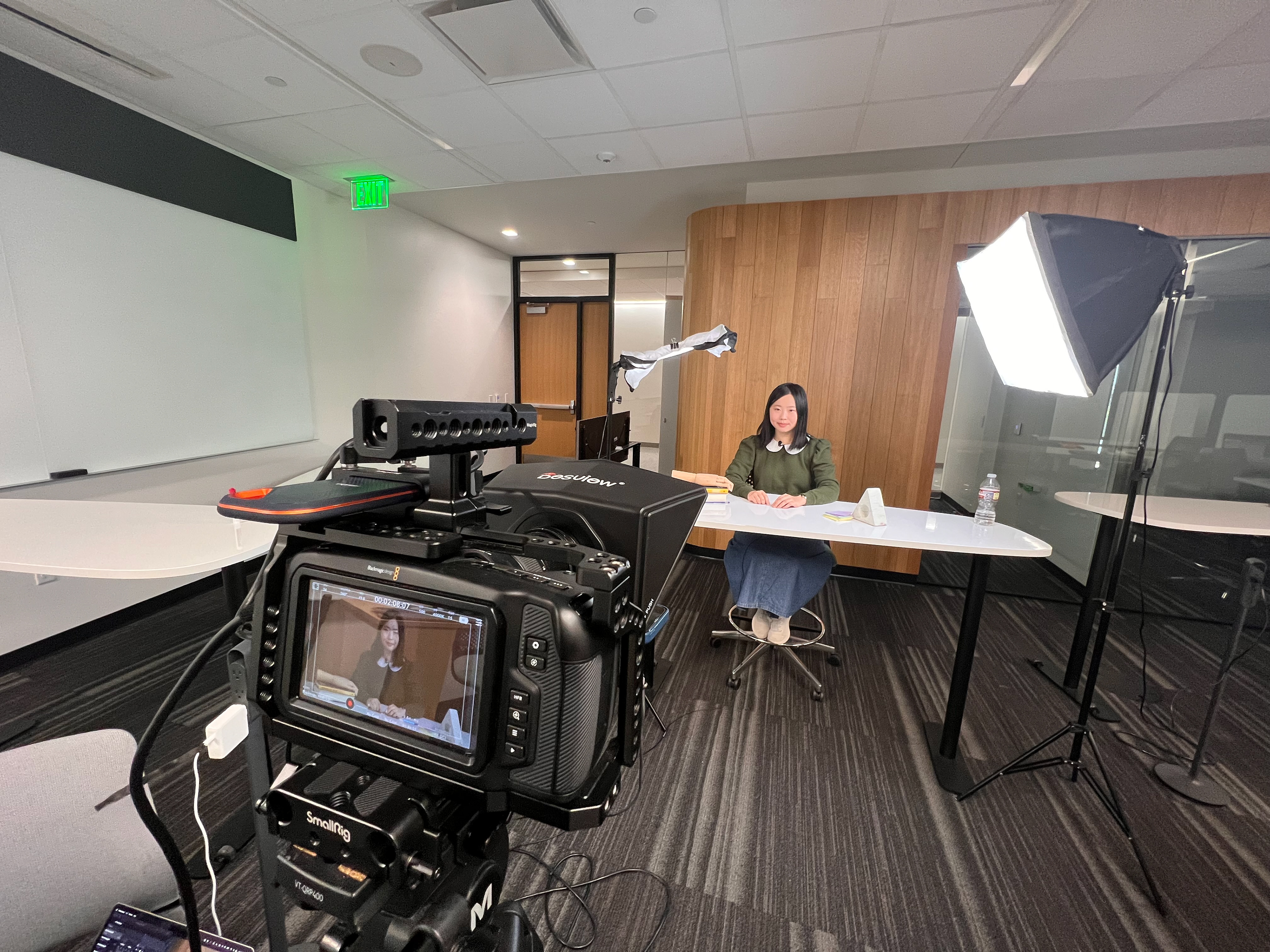
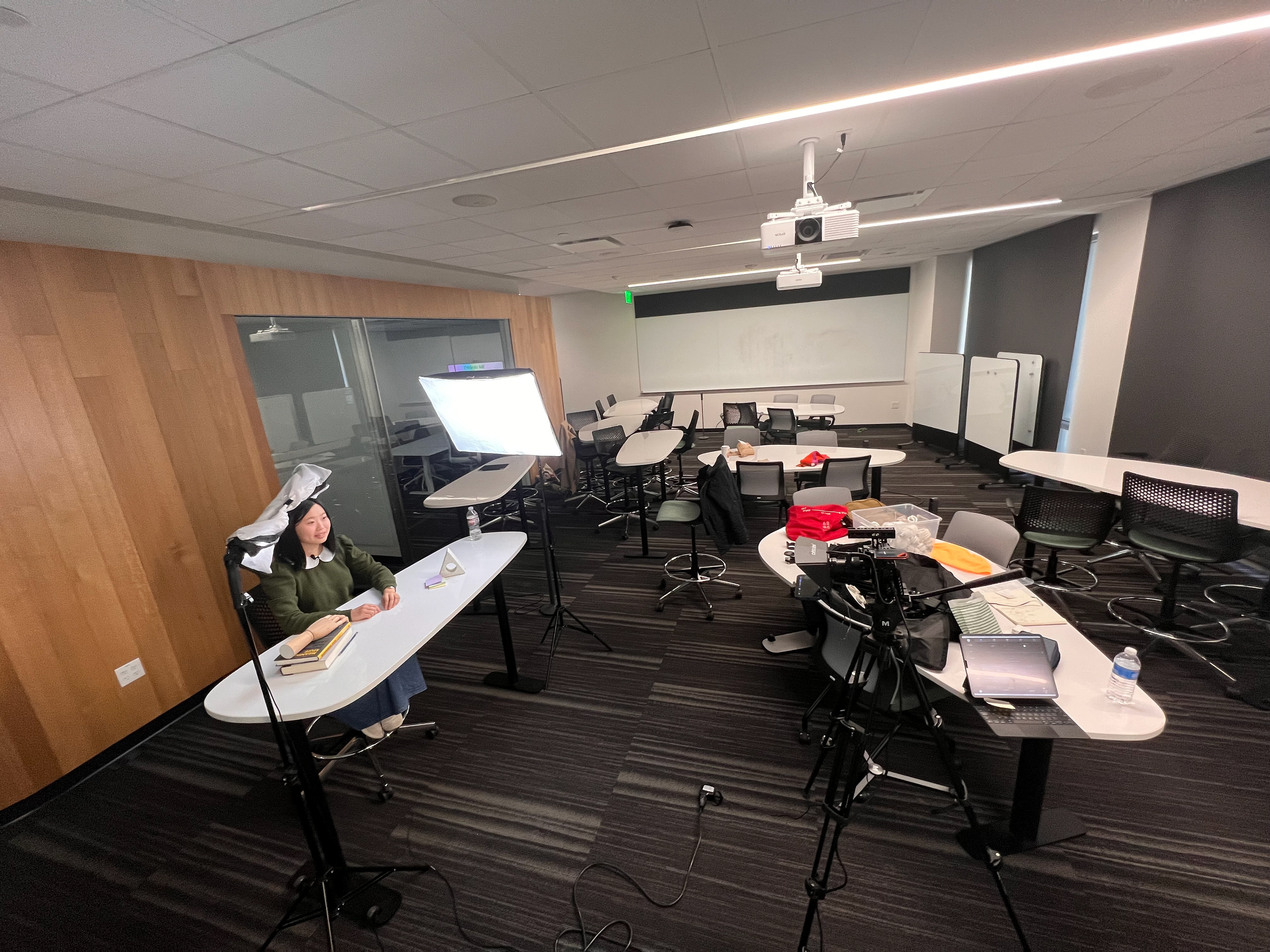
Empathy is widely held as an important research mindset among designers. Many design research processes begin with the word. While empathy is broadly necessary to design practice, it is not without its problems. Most designers and researchers do not know the dangers of empathy. Consider that:
- We confuse and conflate empathy, sympathy, and compassion. The differences are critically important.
- Empathic resonance in the brain is extremely biased. We find it hard to empathize with people unlike ourselves.
- Having too much empathy may also be problematic and can be weaponized by bad actors.
- We feel empathy only for humans and animals‚ not for objects, spaces, places, or our planet.
- Empathic resonance in the brain is extremely biased. We find it hard to empathize with people unlike ourselves.
- Having too much empathy may also be problematic and can be weaponized by bad actors.
- We feel empathy only for humans and animals‚ not for objects, spaces, places, or our planet.
This talk explores the edges of empathy and shows how and why two additional emotive capacities should be cultivated: curiosity and care. Three short case studies—projects involving NASA, The UK Ministry of Justice, and micro-communities—demonstrate that when these two capacities are added to empathy, they can lead to more generative research and richer insights.
